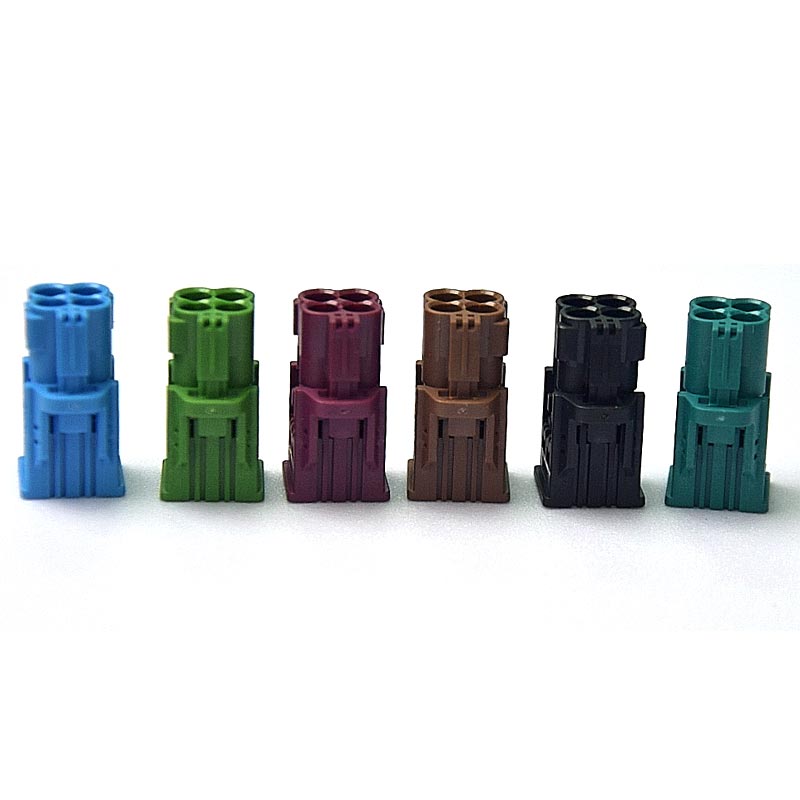What Is a Plastic Mold and Why Is It Important in Manufacturing?
2025-07-10
In the world of modern manufacturing, plastic molds play a vital role in producing a wide range of everyday products. From household items to automotive parts, medical devices to packaging materials, plastic molding technology has revolutionized how products are made—allowing for mass production, precision, and cost-effectiveness.
What Is a Plastic Mold?
A plastic mold is a specially designed tool used in injection molding, a manufacturing process where melted plastic is injected into the mold cavity to create a desired shape. Once the plastic cools and solidifies, the mold opens, and the finished product is ejected.
Plastic molds are typically made from durable materials like steel or aluminum to withstand high pressure and temperature during production.

What Are the Common Types of Plastic Molds?
There are several types of plastic molds used in different industries:
Injection Molds: The most common type, used for creating complex, high-volume plastic parts.
Blow Molds: Used to manufacture hollow plastic products like bottles and containers.
Compression Molds: Suitable for making larger parts using heat and pressure.
Rotational Molds: Ideal for producing large, hollow items such as tanks and playground equipment.
How Is a Plastic Mold Made?
The creation of a plastic mold involves several steps:
1. Design: Computer-Aided Design (CAD) software is used to create detailed 3D models of the part.
2. Mold Fabrication: Using CNC machining, EDM (Electrical Discharge Machining), or other technologies, the mold is precisely cut and shaped.
3. Testing: The mold is tested through trial runs to ensure proper function and product quality.
4. Mass Production: Once approved, the mold is used in high-speed injection molding machines for mass production.
What Are the Benefits of Using Plastic Molds?
High Efficiency: Allows for rapid, high-volume production with consistent quality.
Cost-Effective: Once the mold is made, unit costs are low, making it ideal for mass production.
Precision: Capable of producing intricate and complex designs with tight tolerances.
Versatility: Suitable for a wide variety of materials, including ABS, PP, PVC, PC, and more.
Where Are Plastic Molds Commonly Used?
Plastic molds are widely used across industries such as:
Automotive: Interior and exterior car parts.
Electronics: Housings, connectors, and components.
Medical Devices: Syringes, tubes, and casings.
Consumer Goods: Toys, kitchenware, packaging, and more.
Conclusion
The plastic mold is an essential tool in modern manufacturing, enabling the production of high-quality, cost-effective, and durable plastic products. As industries continue to grow and evolve, plastic molding technology remains at the heart of innovation, efficiency, and mass production.


